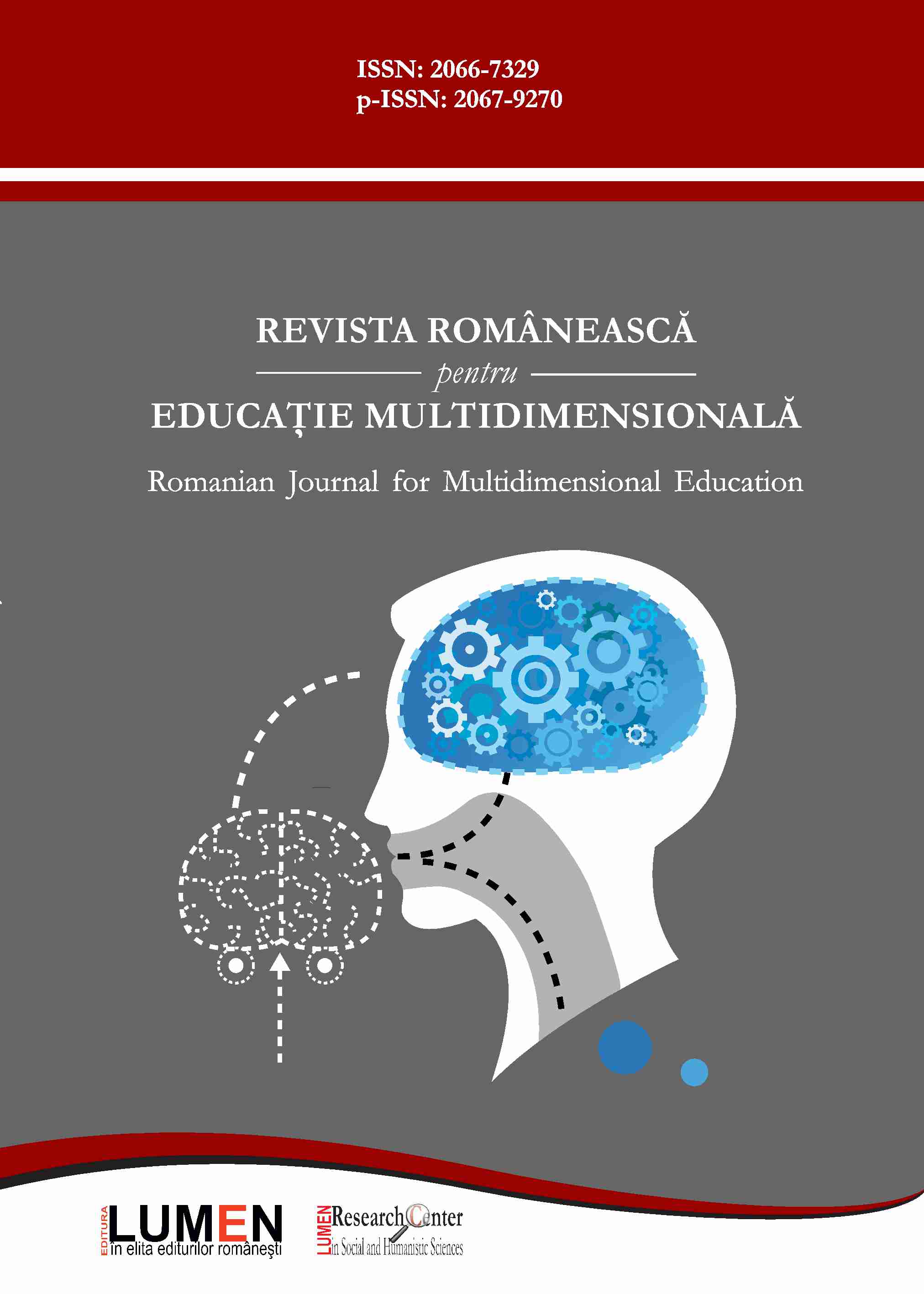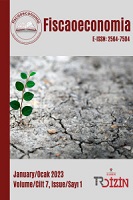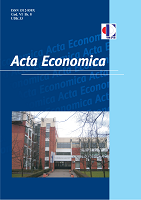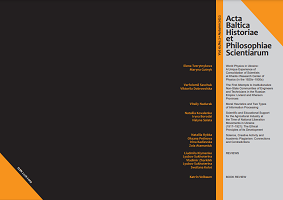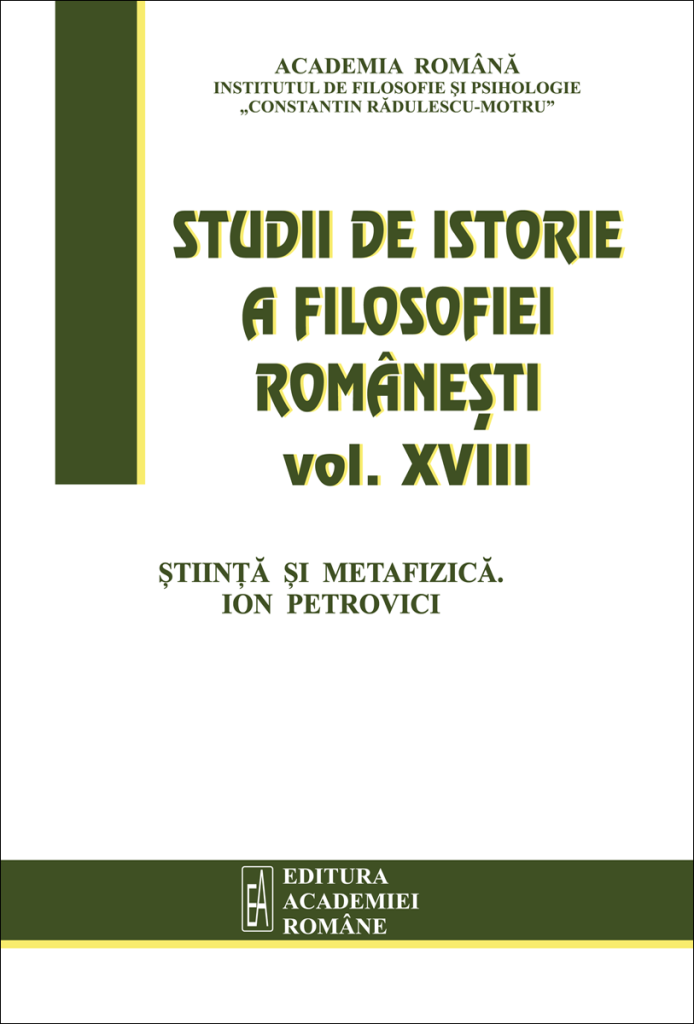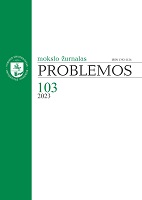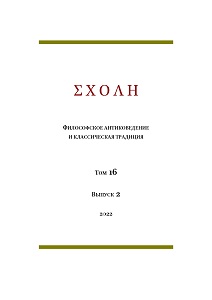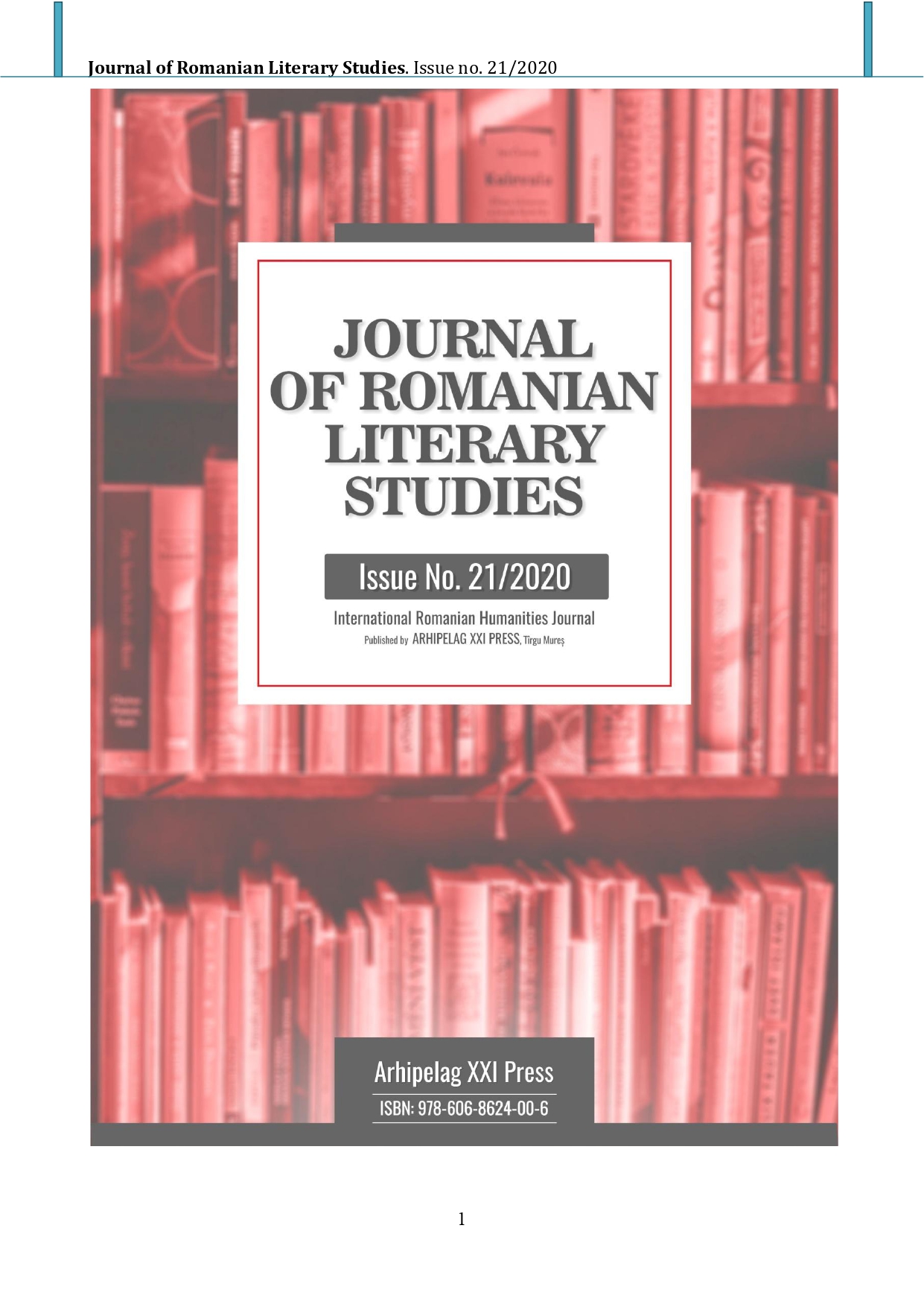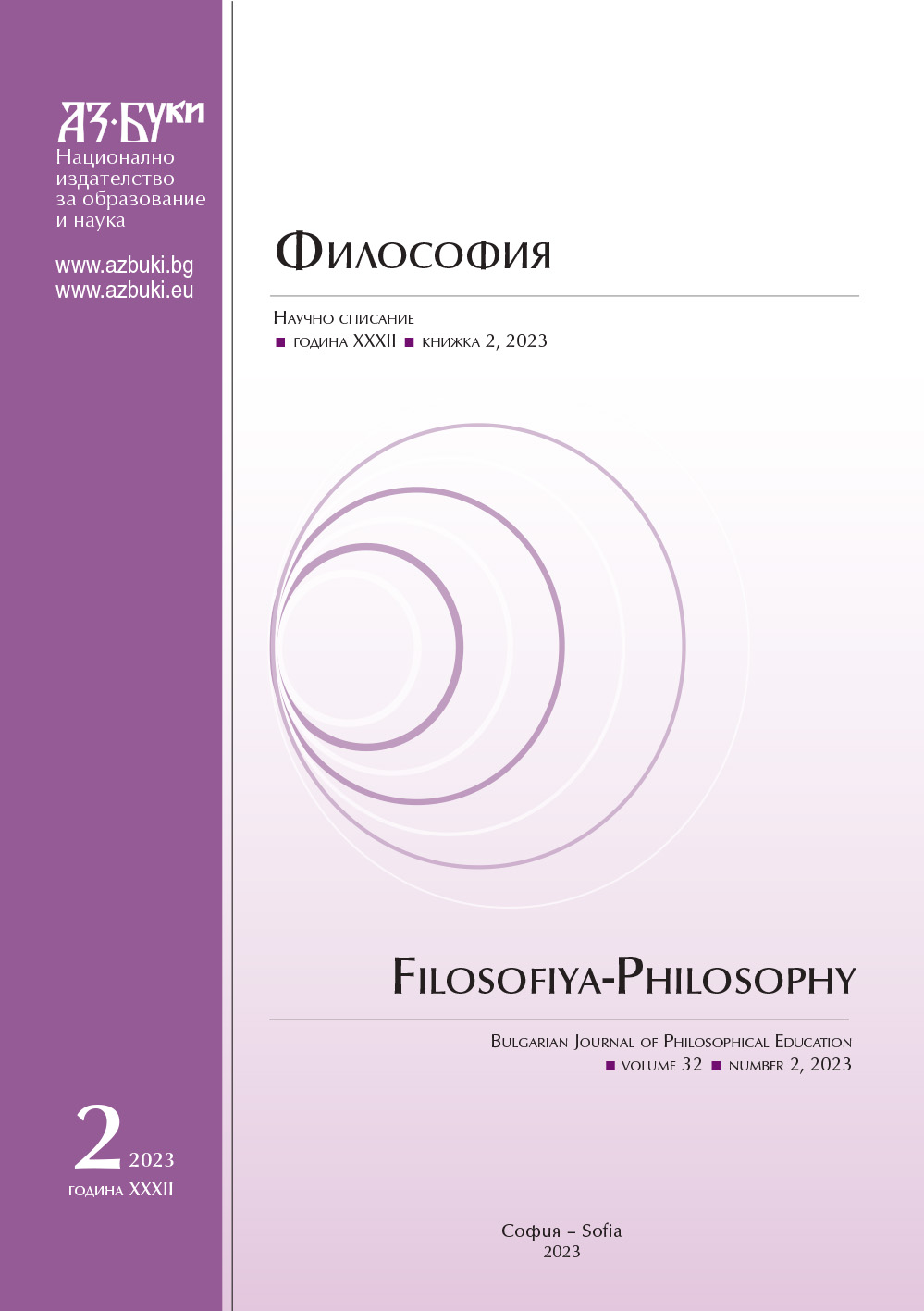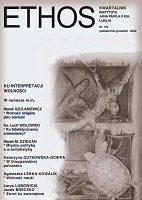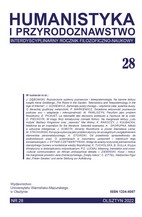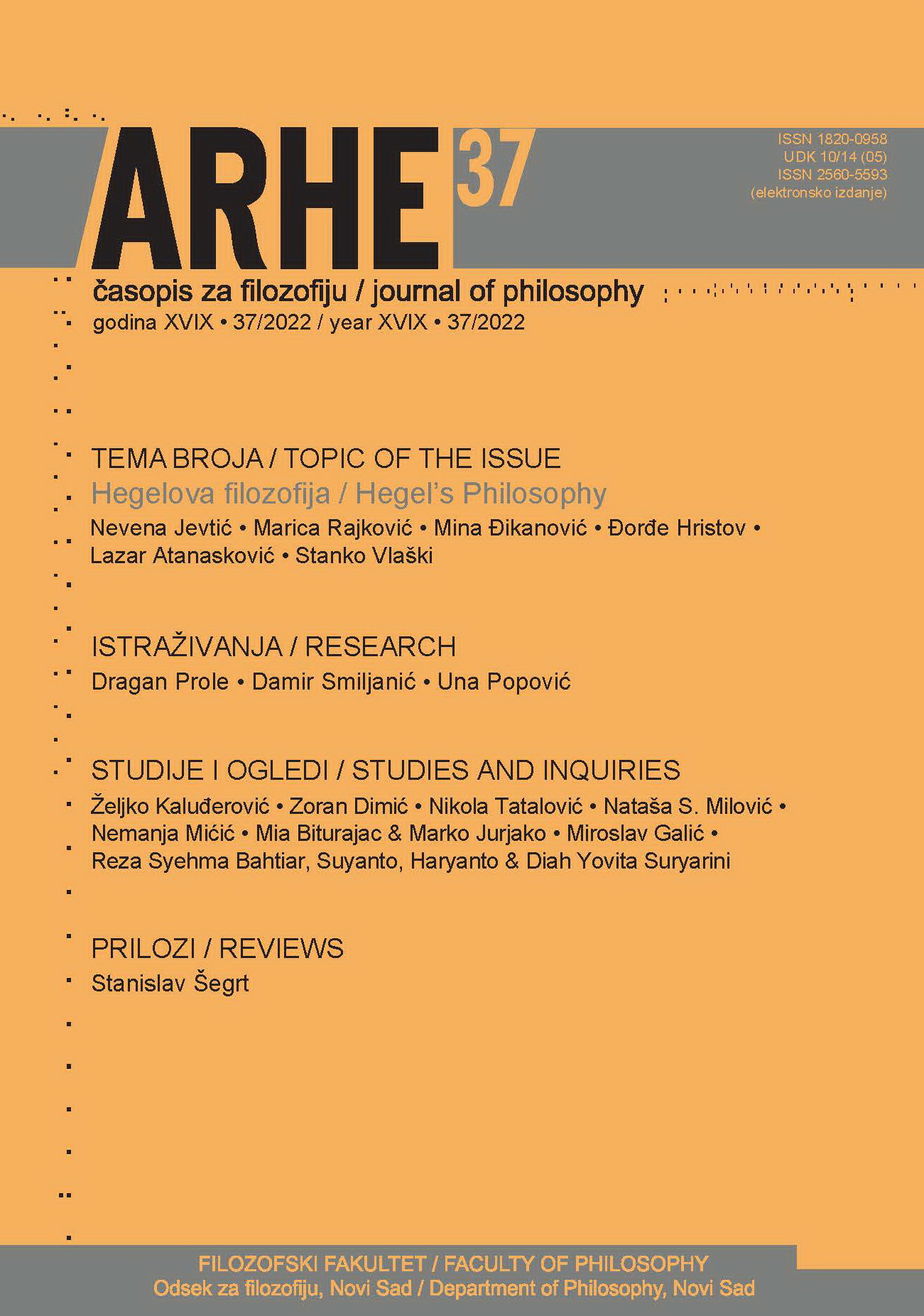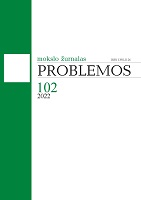
Moral Self-Realization in Kant and Spinoza
Spinoza and Kant are considered to be polar opposites with respect to ethics. The radical difference between them is supposed to consist in Spinoza’s ethical egoism, or interest-based Strebensethik, and Kant’s duty-cantered, deontological Sollensethik. I challenge this opposition and argue that both in Kant and Spinoza we deal with a notion of the self’s realization that is “interest”-based and therefore does not involve self-sacrifice. I show, on the one hand, that the streben in Spinoza’s Strebensethik consists in realising one’s essentially human interest, which resides in ethical-rational action, and, on the other hand, that sollen in Kant’s Sollensethik is in fact a streben of the Kantian “proper self” (eigentliches Selbst) after the realization of its ethical-rational interest.
More...
